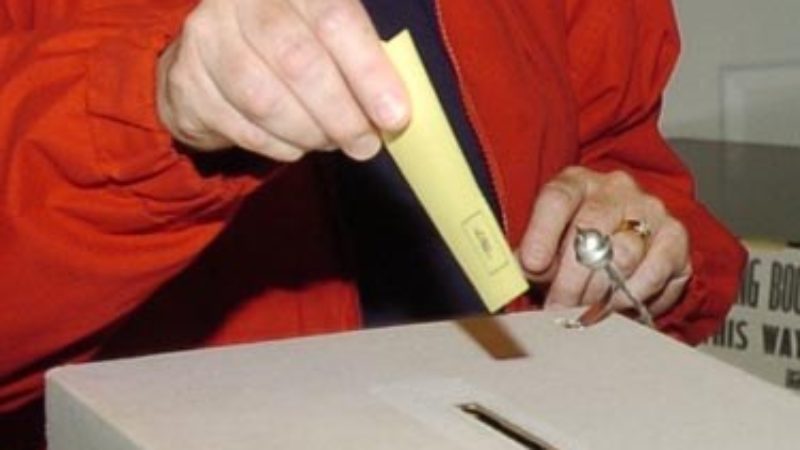
This weekend will see the six month anniversary of the bruising AV referendum. I have just finished reading Lewis Baston and Ken Ritchie’s excellent book Don’t Take No for an Answer which covers the referendum in detail and outlines potential ways forward for electoral reformers.
The book is extremely well written and essentially breaks down into two parts: the story of the AV campaign, including excoriating details of the multiple failures of the Yes campaign, and what the next steps are for electoral reformers should be.
I really enjoyed the first part of the book which chimed heavily with my own experience both long term with the democracy movement and over the course of the referendum. What took me completely by surprise was my completely visceral reaction to the second half of the book which proposes a way for campaigners to continue to campaign on electoral reform. Unexpectedly, this made me really cross. It felt like a snubbing of the electorate and a wilful dismissal of the democratic process.
This is of course completely unfair. People with a campaign vision shouldn’t be forced to change that vision simply because they have fallen at the first hurdle. They need to keep fighting, and I suspect that the despondent troops so poorly led during the campaign will take heart from both the optimism and the well laid out arguments for other forms of PR (including the very interesting new proposal of Total Representation).
But people who have lost an election need to be careful with how they present their continuing campaign. My favourite band has a song that starts with the lyric “Boy, I don’t know how to lose”. I found myself humming this a lot – particularly when I read the authors saying that “reform of the House of Commons will return to the agenda well before the complacent predictions of its smug opponents”.
Now while I’m sure that the authors mean the No to AV campaign who were contemptible during the campaign and could certainly be described as smug afterwards, the people who opposed AV in the referendum were the electorate – in quite a massive proportion.
Because I didn’t care about the AV referendum particularly, I have tried to use the whole process as a wider learning experience about electioneering and campaigning. At the last election, the Tories got the biggest vote. They didn’t win, but that’s another story for another day.
Labour have adopted since the election a humility strategy where we work to try and reconnect with the electorate. This is becoming increasingly controversial among our members who want us to focus less on saying sorry for what we got wrong and more on fighting what the Tories are doing.
In part, I agree with this. But having had such a strong response to a perfectly reasonable case for continuing the fight for electoral reform, I’m starting to question that. Of course we need to fight what the Tories are doing – particularly where what they are doing is a million miles away from what they promised to do.
But what we can’t do, is make the electorate feel that the mistake made was theirs. We can’t treat them like dupes or force them to defend their Tory votes. Because if we do, they will defend them. A defensive voter who feels their decisions are under attack is not a receptive voter. We mustn’t force the electorate to feel wrong for voting Tory last time, but to enthuse them into voting Labour next time.We can’t do that if they feel we are attacking them for letting us down and not the Tories for letting them down.
Labour has learned how to lose the hard way. Now we need to ensure it’s a one off lesson.




More from LabourList
Antonia Romeo appointed to lead civil service as new Cabinet Secretary
‘If Labour is serious about upskilling Britain, it must mobilise local businesses’
Stella Tsantekidou column: ‘What are we to make of the Labour Together scandal?’